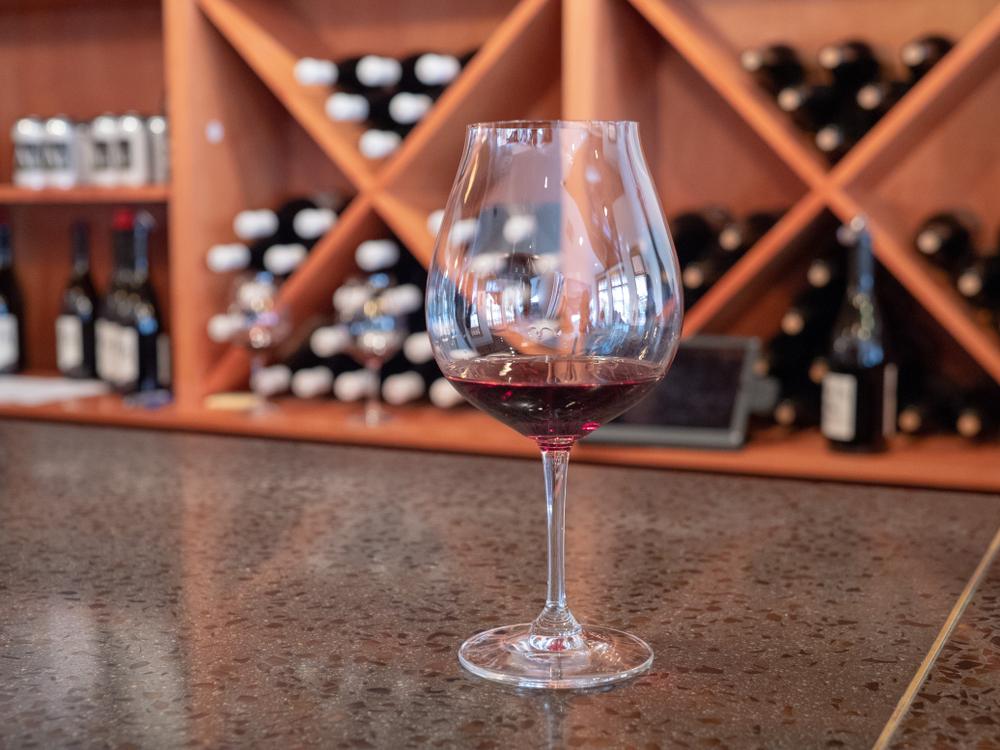Investing in fine wine comes with its own unique risks, challenges and pitfalls. With wild tales of wine fraud repeatedly popping up in the media and dubious companies desperate to get their hands on your money, it pays to do your homework before you invest. Here are nine key considerations to help you to stay safe in the fine wine market and choose an investment company that truly has your interests at heart.
1. Cold Calls
Receiving a call out of the blue with an offer that sounds too good to be true should immediately trigger red flags. If you do receive an unexpected and uninvited phone call from a wine investment company, be on your guard and ask the caller where they obtained your contact details. Any reputable wine investment company will not use cold calls as their primary mode of contacting potential investors.
Thanks to the new GDPR (General Data Protection Regulation) which was introduced earlier this year and requires individuals to explicitly give permission for companies to contact them, we should see a marked decrease in cold calling. If it does happen – avoid giving away personal information and ask for your details to be removed from their database.
2. Due Diligence
If you do find a wine investment company that you are interested in, be sure to do some research before you commit to using their services. Find out how long the company has been running, who the key players are and what their backgrounds look like, and try to find out if their finances look healthy.
Spotting scams is fairly easy once you’ve done your homework on a company as most dodgy firms will only exist for a year or a few months and they will often have a director who has no knowledge of wine or investment. Once you’ve done your due diligence and gathered as much information on the company as possible, you’ll be in a strong position to decide whether to proceed with their services.
3. Face to Face
Another warning sign is a wine investment company that is unwilling to meet its investors in person. Serious investment companies will always seek to operate in a transparent manner and will be happy to conduct face-to-face meetings with potential investors or current clients. Disreputable companies will usually try to avoid all face-to-face contact so delaying or refusing meetings is a clear sign that something is not right.
4. Who’s Their Wine Expert
As part of your due diligence, make sure you consider who is advising the company on their wine purchases and recommendations. Any wine investment company worth their salt will have a passion for wine and will showcase the expertise of their wine advisors and buyers to demonstrate their credibility. These experts should have a deep understanding of the wine industry and be able to make logical investment proposals based on solid market research and fine wine knowledge.
5. The Wines Themselves
Related to the company’s wine expertise are the wines themselves. Always check the market price of the wines you are purchasing. The price you are offered may be a little lower or higher than the market price depending on the rarity of the wine, but a quick search on a website like Wine-Searcher should confirm whether the price you are being offered makes sense. Another option is to use Cellar Watch which tracks the prices of investment grade wines and gives you an accurate idea of what you should be paying. Having checked out the price you can always go back to the company and ask them to explain their pricing if it does not correlate to the prices you found elsewhere.
Other important criteria for the wines you are considering purchasing are high scores from leading wine critics and a good track record. Wine-Searcher allows you to see the average retail price of a bottle over the past couple of years which is a great way of assessing the potential performance of your investment.
Another critical consideration is how the company makes their money. Today most companies will charge a management fee, whereas others will add a significant markup to the price of the wine. What matters here is that the arrangement works for both parties. Try to look for companies which base their commission on the performance of the investment so your goals align with those of the investment company. This way the company has a long term view and are committed to the success of your investment since they will make their money in the future when you are also reaping the benefits of your purchases.
7. Storage
In the past it was very common for companies to store wine for their clients. The best way to protect yourself, though, is to make independent arrangements with a specialist service like Octavian Vaults or the London City Bond Vinothèque. Much like a safety deposit box at the bank, these services offer a secure storage facility for your wines where they are kept in perfect conditions.
Any reputable wine investment company will be able to transfer your wines to these independent bonded warehouses. Once you have purchased the wines, you should be free to do whatever you wish with them, whether that be to drink them, sell them on, or to keep them in a storage facility of your choice.
8. Check Your Insurance
Always make sure that your collection is insured. If you choose to store your wines at Octavian Vaults they do offer comprehensive insurance, whereas with London City Bond you will need to make alternative arrangements. One option is to simply extend your home insurance or if you have an extensive collection it may be better to take out insurance specifically for your wine.
While you’re checking over your insurance policy and preparing to sign on the dotted line, make sure that your wines are insured at market price and not at purchase price. This makes sure that even if you carefully store a case of wine for 10 years and accidentally smash the whole lot, you will still benefit financially from your investment.
9. Don’t Put All Your Eggs In One Basket
When you’re putting together an investment portfolio, make sure that you have a healthy diversification. Fine wine should constitute no more than 25% of your total portfolio. As with other types of investment, it is never a wise idea to focus your attention on just one sector. Having a healthy balance between fine wine and other types of investment will ensure that you are well-prepared to weather any unforeseeable storms and reap the benefits of your chosen investments.
For a comprehensive guide to the Fine Wine investment market, please click here.





